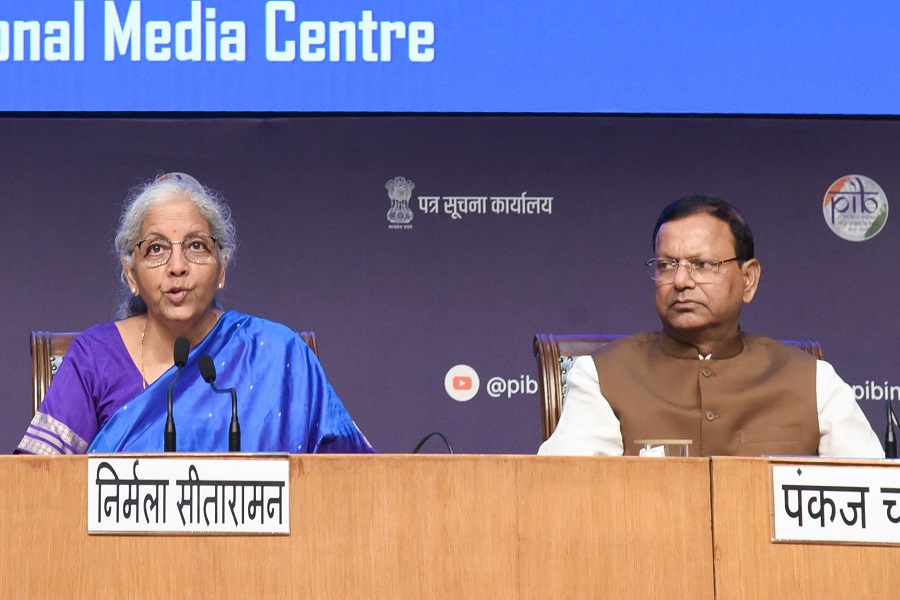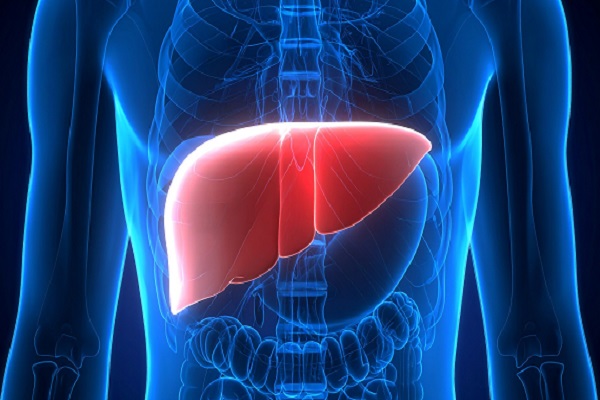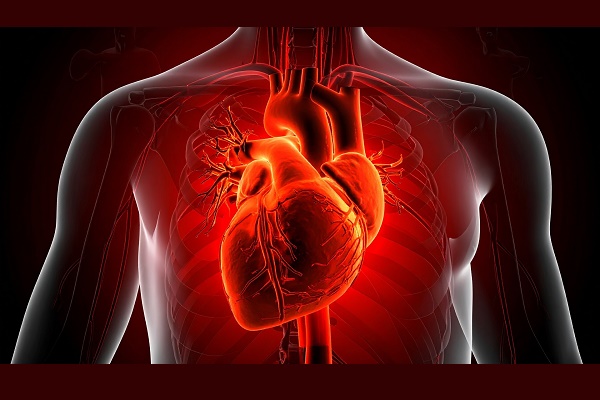The Importance of Hydration for Mental Clarity and Physical Health

Water is the essence of life, making up about 60% of the human body. Despite its vital role, many of us often overlook the importance of staying hydrated. Hydration is essential not only for maintaining bodily functions but also for mental clarity, physical health, and overall well-being. Let’s dive into why staying hydrated is crucial for both your mind and body.
The Science Behind Hydration
Water plays an essential role in various physiological processes. From regulating body temperature to aiding digestion and nutrient absorption, the body relies on water to function properly. Adequate hydration ensures that these processes run smoothly, optimizing both physical performance and cognitive function. Dehydration, even in its mildest form, can disrupt the balance of fluids and electrolytes in the body, leading to adverse effects on health.
Hydration and Mental Clarity
Our brain, which is composed of about 75% water, requires proper hydration to function optimally. Even mild dehydration can have a significant impact on mental clarity, focus, and cognitive performance.
*Cognitive Function: Dehydration can impair short-term memory, concentration, and overall cognitive ability. Studies have shown that individuals who are even mildly dehydrated perform poorly on tasks involving attention, memory recall, and reaction time.
*Mood and Mental Health: Lack of hydration can also affect your mood, leading to irritability, anxiety, and fatigue. Research suggests that dehydration can cause symptoms of depression and anxiety, making hydration an important factor in mental well-being.
*Fatigue: When you’re dehydrated, the brain has to work harder to maintain energy levels. This can result in feelings of exhaustion and sluggishness, affecting productivity and mental focus.
Hydration and Physical Health
Just as hydration is essential for the brain, it plays a pivotal role in maintaining physical health and performance.
*Temperature Regulation: Water helps regulate the body’s internal temperature. Dehydration can lead to overheating, particularly during physical exertion, increasing the risk of heat-related illnesses like heat stroke and exhaustion.
*Physical Performance: Whether you're exercising or going about your daily routine, staying hydrated helps muscles function properly, prevents cramps, and ensures optimal energy levels. Dehydration can lead to muscle weakness and reduce endurance, making physical activities more challenging.
*Digestive Health: Adequate hydration is necessary for proper digestion and the absorption of nutrients. Water helps break down food and move it through the digestive tract, preventing constipation and other digestive issues.
*Detoxification: Water is crucial for flushing toxins out of the body through sweat and urine. Staying hydrated aids the kidneys in eliminating waste and keeps the urinary system functioning properly.
Signs of Dehydration
Recognizing the signs of dehydration early is essential to prevent its negative effects. Some common symptoms include:
*Thirst
*Dry mouth and skin
*Dark yellow urine or reduced urine output
*Fatigue or dizziness
*Headaches
*Difficulty concentrating
If you experience any of these symptoms, it’s important to rehydrate by drinking water or electrolyte-rich fluids like coconut water.
How Much Water Do You Need?
The amount of water you need depends on various factors such as age, activity level, climate, and overall health. However, a general guideline is to drink at least 8 glasses (64 ounces) of water per day. If you’re physically active, pregnant, or in a hot climate, you may need more to replenish lost fluids.
It’s also essential to listen to your body—if you feel thirsty, drink water. Adding hydrating foods like fruits and vegetables (e.g., cucumbers, watermelon, and oranges) to your diet can further support hydration.
Tips for Staying Hydrated
*Carry a Water Bottle: Keep a reusable water bottle with you throughout the day as a reminder to drink.
*Set Reminders: Use your phone or fitness tracker to set hourly reminders to drink water, ensuring that you stay on track.
*Infuse Your Water: If plain water feels boring, infuse it with fruits, herbs, or vegetables (e.g., lemon, mint, or cucumber) for added flavor.
*Drink Before, During, and After Exercise: Ensure you’re properly hydrated before exercising and replenish fluids afterward to maintain peak performance.
*Monitor Your Urine Color: Light-colored urine typically indicates proper hydration, while dark urine may suggest dehydration.
Conclusion
Hydration is much more than just quenching your thirst—it’s essential for maintaining both mental clarity and physical health. Staying hydrated can boost cognitive function, improve mood, enhance physical performance, and support overall well-being. Make it a habit to prioritize hydration, and your mind and body will thank you for it.
























